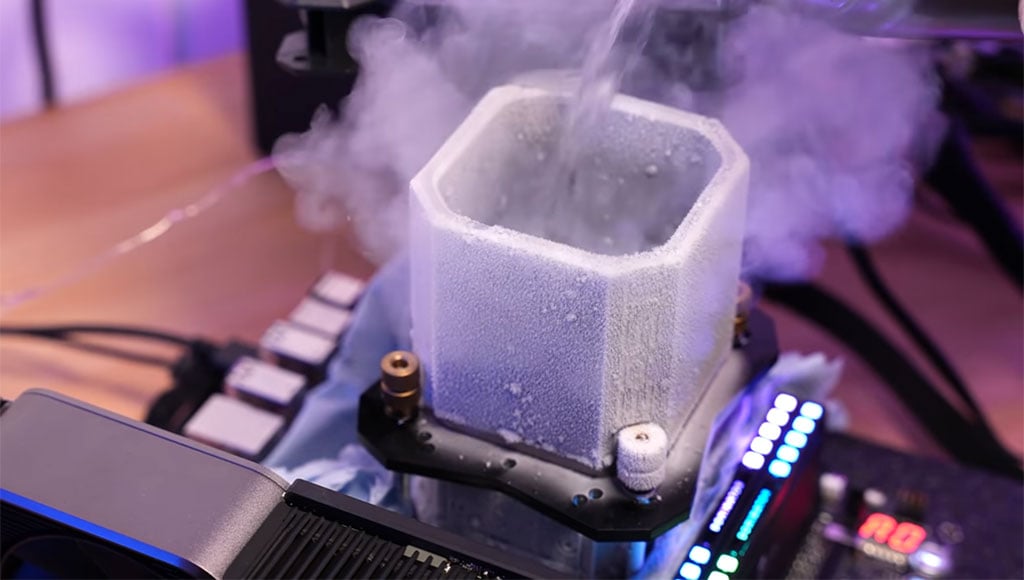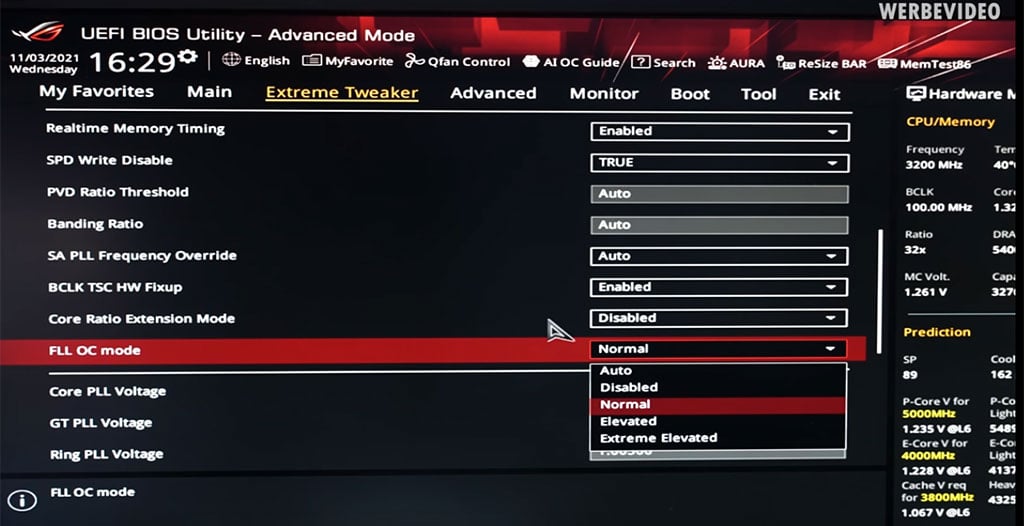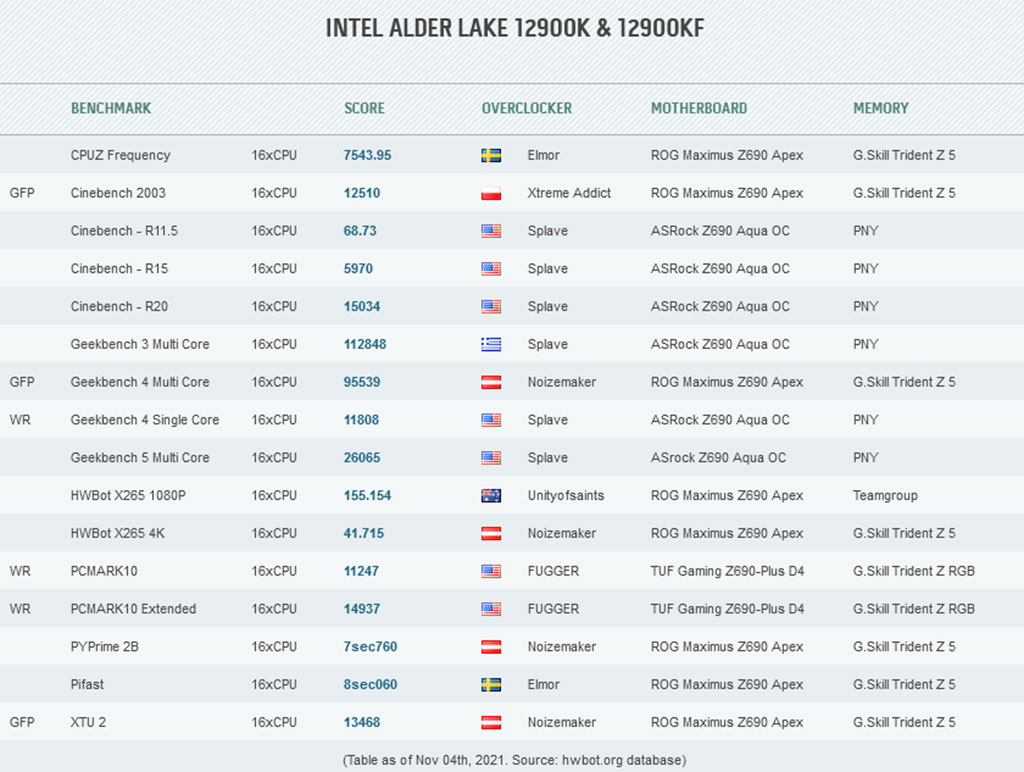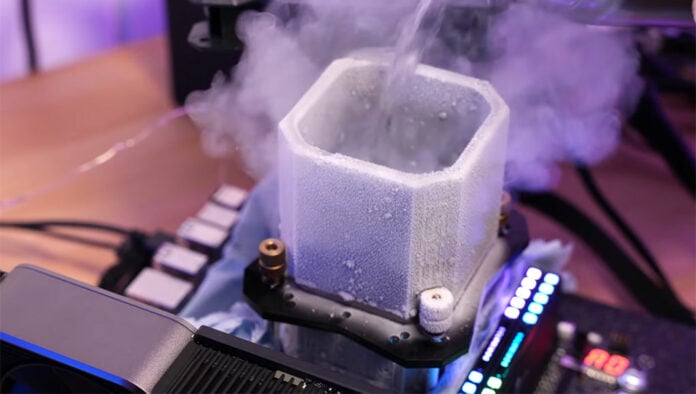A glitch in Intel’s firmware facilitates GHz misreporting. Claimed clocks beyond 7.6GHz are probably bogus.
With the recent launch of the first Alder Lake-S processors, like the Intel Core i9-12900K reviewed here on Club386, we were braced for all sorts of superlative record being broken; CPU clock speeds, memory speeds, and performance record being smashed in benchmarks, apps, and games.
Yesterday in The Roundup: Tutankhamun tomb discovery day tech news extras, we mentioned the news that Gigabyte Aorus had claimed an astonishing new world record. A press release, Tweet, and various other media pathways used by Gigabyte carried the message that a “Z690 Aorus Tachyon motherboard with the latest 12th generation Intel Core i9 12900K processor and LN2 liquid nitrogen heat dissipation set the world-leading overclocking records of dual 8GHz, which is 8,000MHz on i9-12900K CPU and 8,300MHz on DDR5 memories”. It now looks likely that the result was bogus. Furthermore, there are accusations that Gigabyte/Aorus/the OC expert involved know the OC clocks are being misreported.
The story behind the misreported Alder Lake-S CPU core clocks is a little complicated but explained clearly by both DocTB, the developer of the CPU-Z Validator application, and well-known extreme OC expert and YouTuber Der8auer.

In a Twitter thread, DocTB explains, and we’re condensing the content here, that there is an error in the ADL silicon that means when the clock multiplier is set >63, tools will sometimes misreport the multiplier leading to what appear to be incredible clock speeds being ‘validated’ by the software. Sometimes claims of up to 12GHz+ have been seen as ‘validated’ due to this bug.
For the last month OC experts have known about this error in the silicon and Intel quickly provided a microcode update which added a new HW register called FLL_OC_MODE. Setting this option to ‘Normal’ in the BIOS (and supported by CPU-Z 1.98 and newer) means that the correct GHz values will be reported. After the patch, with the fair rules in place, and consensus among OC experts, seeing any ADL-S OC results claim beyond 7.6GHz (by more than a few tens of MHz) is suspicious, reckons DocTB.

If the explanation is too brief, please visit the Twitter thread. Alternatively you can tune into Der8auer’s video below, in which he does some preliminary ADL-S extreme overclocking using a ‘random retail CPU’, and wraps up by giving OC cheaters the Fergie hairdryer treatment.
HWBot: Alder Lake grabs eight world records and 19 global first places
If you came here for the good stuff about ADL-S, there is still plenty to share. Overclocking haven HWBot has put together a page filled with feats achieved by OC experts using all the newest CPUs from Intel. Contrary to the Gigabyte Aorus claims, the top all-cores speed achieved with a 12900K is 7,543.95MHz (by Elmor). And you can see world records like a score of 11,247 points in PCMark10 (by Fugger) which is significantly better than the second-placed AMD Ryzen 9 5950X with 10,201 points.


